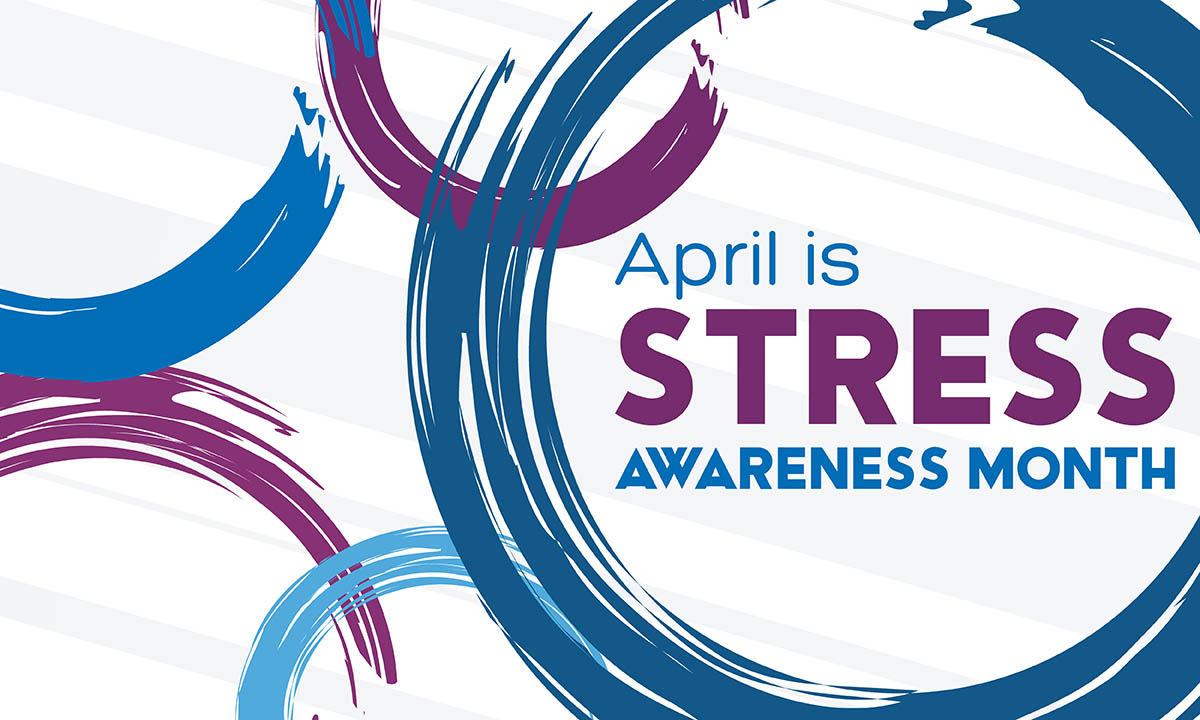April has been observed as Stress Awareness Month since 1992. This nationwide, collaborative effort aims to increase public awareness about the causes and effects of stress, which is considered by most in the healthcare field to be an epidemic in the United States.
Stress is generally defined as any factor that causes physical, emotional, or psychological tension in a medical context. Everyone experiences stress, though how it is experienced is different for each individual. Some stress is good when it induces excitement or keeps us alert. Chronic stress, however, can be very detrimental to our well-being.
The clinical professionals at Westwind Recovery® understand that those suffering from substance use disorders and their family members have been impacted by the effects of chronic stress. To find out more about how we incorporate stress management into our addiction treatment therapy programs and mental health treatment therapy programs, contact us today at 855.340.8832.
Why Stress Awareness Is Important
Stress has become a major health issue in the United States. Recent studies show that nearly three-quarters of Americans report being under moderate to high stress regularly, with one-third reporting living under extreme stress. Money and work are the most commonly reported stress factors among adults. Stress is also on the rise in school-aged children, which is especially concerning as it can have long-term effects on their overall development.
Bringing awareness to the dangers of prolonged stress is essential to help reduce its effects. Many who experience chronic stress come to accept it as a normal part of daily life without understanding the implications for their health. Long-term stress that is not addressed can lead to serious health conditions, including:
- Depression and anxiety
- Abnormal heartbeat, heart disease, and heart attack
- High blood pressure
- Heartburn, ulcers, and irritable bowel syndrome
- Headaches, muscle aches, and fatigue
- Sleep problems
- Substance abuse
Many turn to unhealthy coping mechanisms such as overeating or undereating, inactivity, social withdrawal, smoking, drinking, and drug use to alleviate stress. However, using drugs and alcohol to cope with stress can lead to a dangerous cycle of abuse and addiction.
Tips for Healthy Stress Management
While stress is often unavoidable, there are ways to manage it so that it doesn’t negatively impact your physical and psychological well-being. It is especially important to have these stress management skills when stress is chronic, as with substance use disorders and mental health disorders.
It is most important to acknowledge your stress and not try to handle it all on your own. Talk with friends, family, or a medical professional. Just as stress affects everyone differently, ways to effectively manage stress will vary from person to person. However, there are some commonly agreed-upon techniques:
- Exercise regularly
- Eat a healthy, well-balanced diet
- Avoid drugs and alcohol
- Practice yoga and meditation
- Identify sources of stress
At Westwind Recovery®, we offer a wide variety of mental health therapy programs designed to teach coping skills and stress management practices, such as:
- Virtual reality meditation therapy
- Adventure therapy
- Art therapy
- Music therapy
- Life skills
Reach Out to Westwind Recovery®Ⓡ for Mental Health Treatment
Westwind Recovery® believes in providing the best individual care to our clients. We understand that substance abuse and dependency are often connected to underlying mental health issues, which is why we are a dual diagnosis treatment center. Among the programs and therapies Westwind Recovery® offers are:
- Family therapy
- Mental health treatment
- Trauma therapy
- Chronic pain management
- Holistic treatments
During times of prolonged or extreme stress, people are more likely to abuse drugs or alcohol. Additionally, chronic stress is often an inherent part of substance use disorders and mental health disorders. At Westwind Recovery®, our evidence-based, holistic approach to treatment includes multiple approaches to stress management.
Use our online form or call 855.340.8832 today to learn more about how mental health awareness can benefit your recovery journey.

Dr. Deena is the Chief Clinical Officer of Westwind Recovery®, an award-winning outpatient treatment center in Los Angeles where she oversees the clinical and administrative program and treatment methods. Dr. Deena is a doctor of psychology and licensed clinical social worker since 1993. LCSW #20628. Originally from the East Coast, Dr. Deena has worked running treatment centers, worked as a therapist in psychiatric hospitals as well as school settings and currently has a thriving private practice in the LA area. Dr. Deena has appeared regularly on the Dr. Phil Show as an expert since 2003. She has also been featured on many other TV shows, podcasts and has contributed to written publications as well as podcasts.



